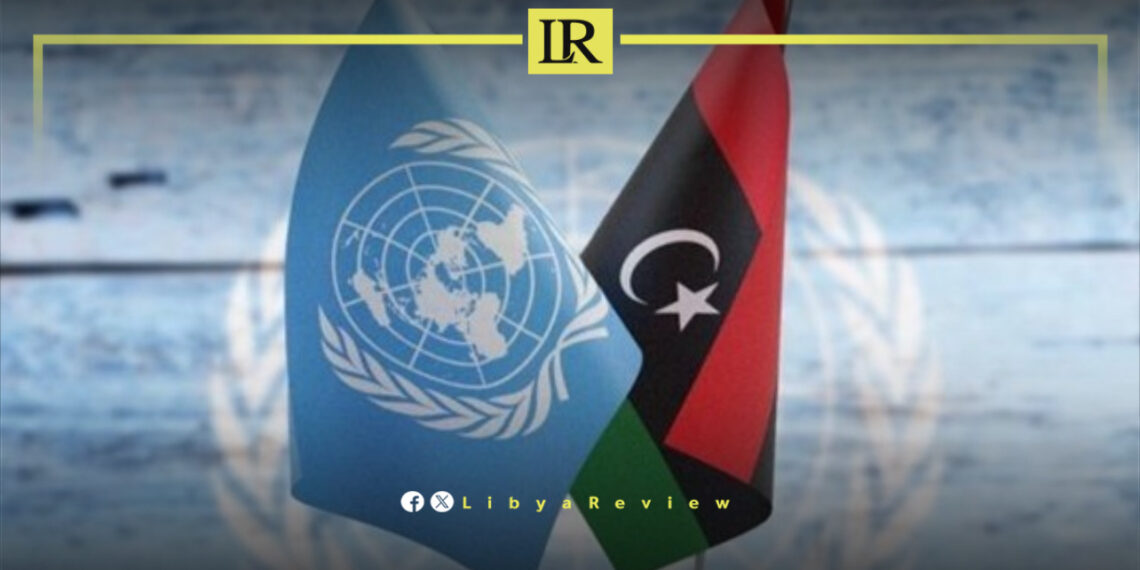Since the United Nations Support Mission in Libya (UNSMIL) announced the formation of a 20-member Advisory Committee, criticism has mounted, particularly from the High Council of State (HCS). The council argues that rather than resolving Libya’s political crisis, the committee exacerbates divisions and adds new layers of contention at a time when the country desperately needs a clear roadmap toward elections.
While HCS President Khalid Al-Mishri expressed reservations about the committee’s composition, Council member Mohamed Takala went a step further, rejecting it outright. Meanwhile, the National Consensus Bloc within the council called for safeguards against the infiltration of political money into the committee’s work.
Among the first to voice opposition was Khalid Al-Mishri, who criticized the committee’s structure, stating that it “lacks balance by all standards.” While acknowledging the credibility of its individual members, he questioned the overall composition, arguing that its imbalance could hinder its ability to present widely accepted solutions.
From his perspective, any mechanism designed to resolve Libya’s political deadlock must be built on consensus and fair representation—criteria he believes this committee fails to meet. His concerns reflect a broader sentiment among political circles that the UNSMIL’s handling of Libya’s crisis has been selective, excluding key stakeholders from discussions on political initiatives.
Taking an even stronger stance, Mohamed Takala completely rejected the committee’s formation, calling it a tool for further division rather than a means of resolution.
In an official statement, Takala criticized UNSMIL for failing to consult Libya’s legitimate political bodies, namely the House of Representatives and the High Council of State. He argued that this omission renders the committee politically and constitutionally illegitimate.
Takala further warned that the committee’s lack of political balance and clear consensus could undermine any solutions it proposes. He raised concerns that its establishment might be an attempt to introduce a new actor into Libya’s complex political scene, complicating rather than resolving the crisis.
In contrast to the outright rejection from Takala, the National Consensus Bloc took a more measured stance but still expressed deep concerns over the committee’s integrity.
The bloc issued a statement urging UNSMIL to implement strict measures to prevent political money from influencing the committee’s work. Given the increasing allegations of corruption and external interference in Libya’s electoral process, they stressed the need for greater transparency and accountability.
The group also emphasized the importance of ensuring that committee members remain independent and free from external pressures, prioritizing Libya’s national interests above all else. Moreover, they reiterated that both local and international stakeholders should commit to supporting a Libya-led solution that paves the way for free and fair elections, without further political polarization.
With such divergent opinions surrounding the Advisory Committee’s legitimacy and effectiveness, a critical question emerges: Will this committee contribute to resolving Libya’s ongoing crisis, or will it further complicate an already fragmented political landscape?
As skepticism over its formation and objectives continues to mount, its ability to facilitate meaningful political progress remains uncertain. However, the possibility still exists that, with genuine political will from all sides, it could become an opportunity to reassess priorities and find common ground—but only if all Libyan factions commit to overcoming their differences for the sake of the nation’s future.


